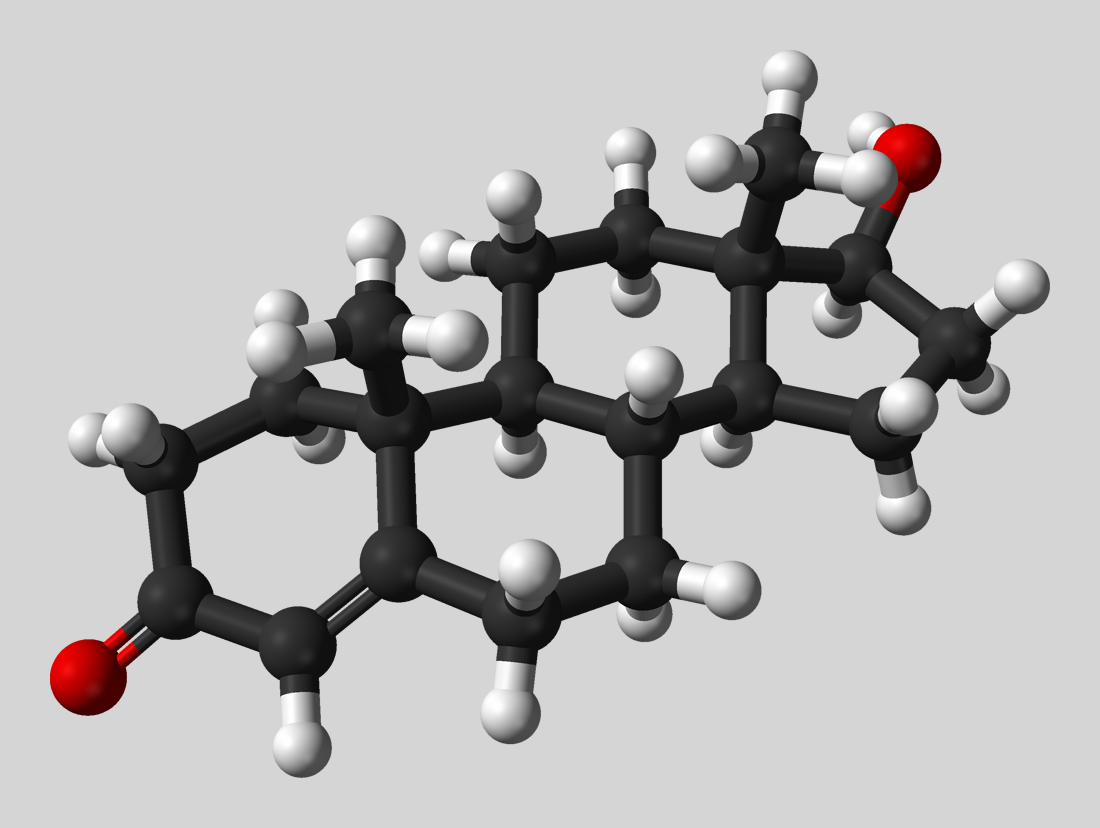Did you ever think you could have a fat deficiency? Current research shows you are most likely deficient in omega-3s, and these signs and symptoms could mean you need more omega-3 fats from nutrition therapy.
Omega-3 fats are a family of fats that are essential for health. Since our bodies can’t make these fats, they must source them from our diet. Despite eating a balanced diet, most people in Canada and US (along with other Western countries) have very low levels of omega-3s as measured by a simple blood test.
Because omega-3s are essential for countless body systems, there are seven common signs that you might need more omega-3s to achieve optimal health.
Skin health
Do you have dry, itching, or flaky skin? This could be a sign that your skin cells do not have enough omega-3s. This essential fat is a key component of the structure of our skin cells and every cell throughout the body.
Inflammation
Omega-3s work to resolve inflammation. In fact, these essential fats work on the same pathways as NSAID drugs (e.g., ibuprofen). While omega-3s do not provide the same acute response as these drugs, they are important for addressing systemic inflammation over the long term.
Nerve Pain
Omega-3s are essential for the development, maintenance, and regeneration of nerves. Individuals with nerve damage and nerve pain have lower omega-3s compared to those without nerve damage. Omega-3s can also be used as a therapy to support the recovery of damaged nerves.
Mood and Depression
The brain has the highest concentration of omega-3 fats in the body. Low omega-3 status is consistently associated with depression; omega-3 therapy has been included in clinical practice guidelines for addressing depression along with other mental health conditions including ADHD.
Fatigue
Did you sleep well last night? Ongoing fatigue could be a sign of low omega-3s. While omega-3s are essential for brain health, emerging research shows higher omega-3s levels can lead to improved sleep and restfulness.
Blood Flow
Cold hands and feet could be a sign of low omega-3 levels. Omega-3s are important for the flexibility of cells in our body, especially blood vessels. Without enough omega-3s, the structure of blood vessels can become rigid. Omega-3s can also support blood vessel dilation from the release of nitric oxide.
Dry Eyes
Omega-3s play a key role in eye health, including macular health and tear production. Consistent clinical research has shown that omega-3s can be used to reduce dry eye symptoms, which can become more common as we age.
Lorem ipsum dolor sit amYour optimum health takeawayet, consectetur adipiscing elit. Ut elit tellus, luctus nec ullamcorper mattis, pulvinar dapibus leo.
References:
Boelsma E, Hendriks HF. Roza L. Nutritional skin care: health effects of micronutrients and fatty acids. American Journal of Clinical Nutrition. 2001. 73(5):853-864.
Burgess J, Stevens L, Zhang W, Peck L. Long-chain polyunsaturated fatty acids in children with attention-deficit hyperactivity disorder. American Journal of Clinical Nutrition. 2000. 71(suppl):327S-330S.
Giannaccare G, et al. Efficacy of Omega-3 Fatty Acid Supplementation for Treatment of Dry Eye Disease: A Meta-Analysis of Randomized Clinical Trials.Cornea. 2019. 38(5):565-573.
Giuseppe G, et al. Omega-3 fatty acids and depression: scientific evidence and biological mechanisms. Oxidative Medicine and Cellular Longevity. 2014: 313570.
Hibbeln J. Fish consumption and major depression. The Lancet 1998; 351(9110):1213.
Lewis EJH et al. Baseline omega-3 level is associated with nerve regeneration following 12-months of omega-3 nutrition therapy in patients with type 1 diabetes.Journal of Diabetes and its Complications. 2021. 35(3):107798.
Luo, Jia et al. Associations of Dietary ω-3, ω-6 Fatty Acids Consumption with Sleep Disorders and Sleep Duration among Adults. Nutrients. 2021. 13(5): 1475.
Ravindran AV, et al. Canadian Network for Mood and Anxiety Treatments (CANMAT) Clinical guidelines for the management of major depressive disorder in adults.Complementary and alternative medicine treatments. Focus. 2018. 16(1)85-94.
Stark K. et al. Global survey of the omega-3 fatty acids, docosahexaenoic acid and eicosapentaenoic acid in the blood stream of healthy adults.Progress in Lipid Research. 2016; 63: 133-152.






